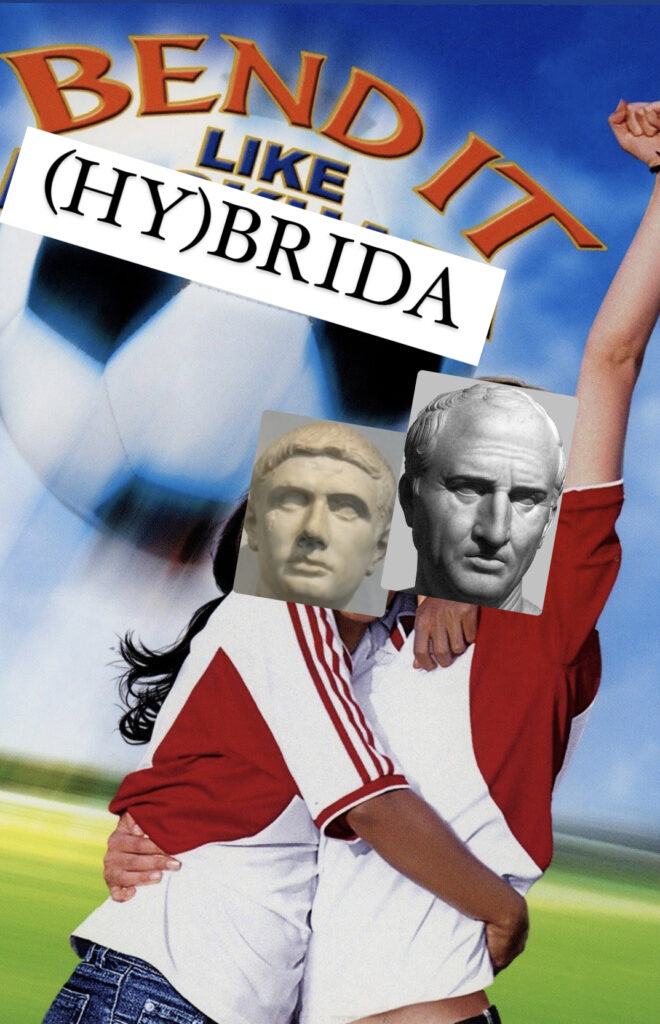Omission and Bias: Depictions of Julius Caesar in Roman Empire
While looking for something to watch on Netflix, we (Kai-Ling Su and Kate Scully) encountered a documentary series called Roman Empire. Each season follows a different famous Roman figure: the first tracks Commodus, the second, Julius Caesar, and the last, Caligula. As Julius Caesar has been featured in our recent class readings and in our Catiline Crisis game, we chose to watch the first episode of his season, which chronicles his time as a youth in the army and the beginning of his alliance with Pompey and Crassus.
We were interested in which aspects of his early life were included and which were left out. For example, his time as a curule aedile is completely omitted, as is his capture by pirates. While these episodes of his life are not crucial to understanding how he came to power, his execution of the pirates demonstrates his meticulousness and ruthlessness, and his fame as an aedile helps explain his popularity with Rome’s people. Leaving these out helps the documentary-makers tell a more streamlined story, but also omits events that would have helped reveal more about Caesar’s character and Roman society.
Similarly, we were intrigued by the differing degrees of sympathy the various figures were presented with. Caesar is very much the protagonist of the documentary, and is presented as sympathetic in a number of ways. Chief among these is a focus on his care for his first wife Cornelia and his daughter Julia, as well as the inclusion of a scene in which he questions Crassus’ decision to crucify all of Spartacus’ followers (even if only because he believes it to be an economic waste). Pompey, on the other hand, is portrayed quite negatively, both in the way his actions are framed and in his mannerisms. This distinction occurs also on a visual level- while Caesar’s armor is close to the traditionally depicted red/silver, Pompey’s armor is all black. We found these characterizations especially interesting in light of the game. There’s an interesting contrast between the feeling of being a character, and having in-the-moment opinions about the rightness or wrongness of other characters actions, and this retroactive presentation of heroes and villains. Our own feelings about the characters of the game are shaped partially by our character’s relationship to them, and partially from our own understanding of who that person was, influenced in part by media such as Roman Empire.
We were thinking about the game particularly because one of us (Kate) plays Julius Caesar. In playing the game, we have reflected on how taking on the persona of a specific Roman has helped us more deeply understand and sympathize with that person, to the point where it can bias us in their favor. In portraying Caesar as the just and righteous protagonist, this documentary series does the same. We believe that it is crucial to engage with representations of the past critically: rather than take for granted that Caesar was in the right just because a documentary portrays him that way, we should think carefully about his actions, and come to our own conclusions about whether they were moral or just.
Word Count: 521
#Rome On the Screen

